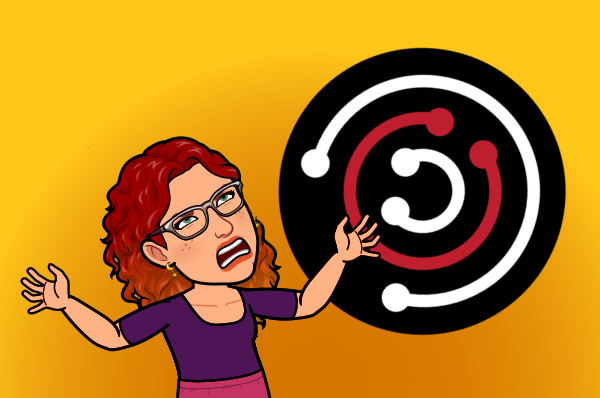It’s a common question: “If player A wants to assist Player B in a test, how do you do that?” And—somewhat frustratingly—the answer is “it’s too late, you should have thought about that earlier.”
Let’s unpack that, shall we?
There are lots of ways to help out your fellow PCs in Cortex. The most obvious is by test-creating an asset and handing it over to them. Slightly less obvious but just as central to the game, making a recovery roll for your allies—encouraging them when they’re intimidated, soothing them when they’re scared, etc—can be a big boost. More obscure but still perfectly valid assists involve maneuvering the opposition into circumstances where your allies can use their big guns, whether that means shoving a target out from cover or loudly denouncing the Duchess to make sure all eyes in the ballroom are on her. Heck, even inflicting a smalll complication on a common target can assist another PC: not all complications need to run their way up past d12, after all.
But all of these very fun, very cool, very narratively satisfying assist methods happen before your compatriot is gathering their dice pool for their test.
In other words, by the time you get to this point, it’s too late. You should have thought of that earlier.
This isn’t so much a steep learning curve for new players as it is a learning speed bump. And like a speed bump, its message is simple: slow down.
It’s common for new players (especially experienced gamers) to approach their every turn as an opportunity to maximize the damage they personally inflict on their adversaries. Assisting each other is often, if we’re being honest, something of an afterthought.
The structure of Cortex encourages players to take a moment, consider the scene as a whole, consider what your fellow players are up do, and how you can weave it all together into a satisfying scene. Maybe your best move isn’t to try to inflict that coup de grace that will down the big bad. Maybe the best move is to pump up your friend: via asset, recovery, fictional positioning, or a complication somebody else can use as leverage to lay down the final, grievous wound.
And the thing is: all of this is so much more satisfying when it plays out forwards through the scene rather than backwards. I give you the assist and then you kick in the winning goal: that’s great drama. “Oh it’s my turn? Can somebody help me score a goal?” is… less gripping, let’s say.
The speed bump of Cortex assist mechanics might seem like a nuisance, but once you slow down like it suggests, the quality of your scenes gets a big, well, bump.
